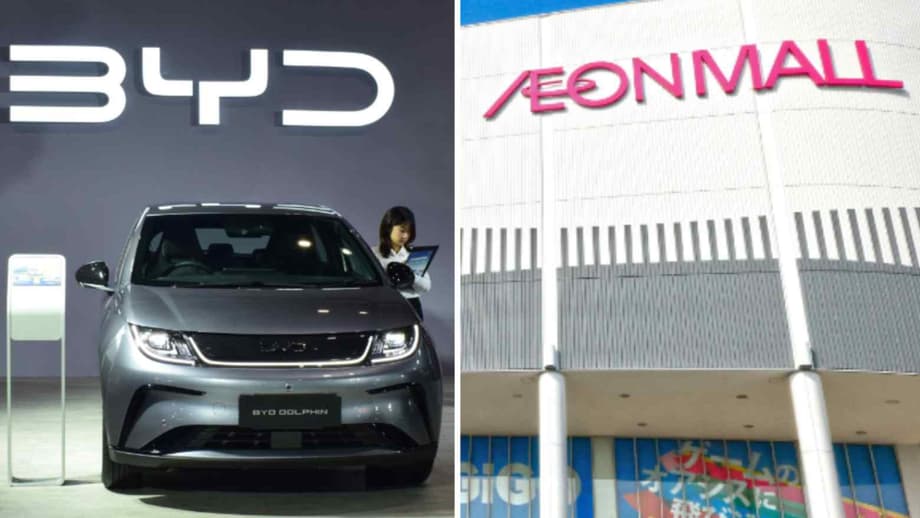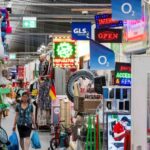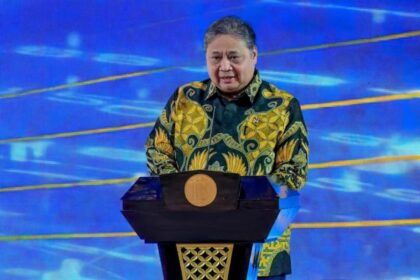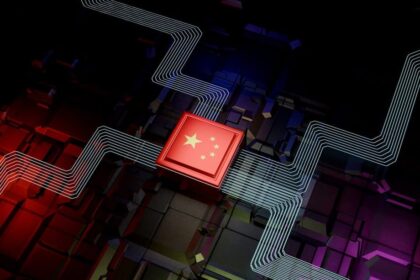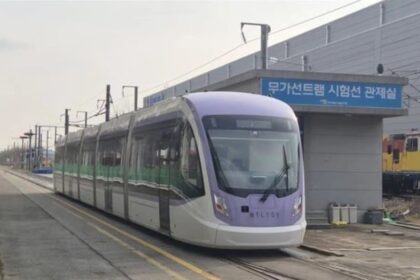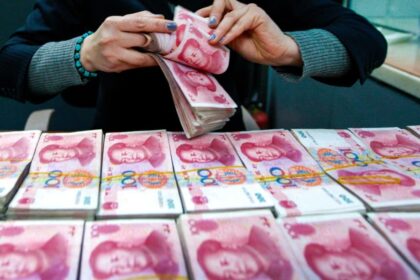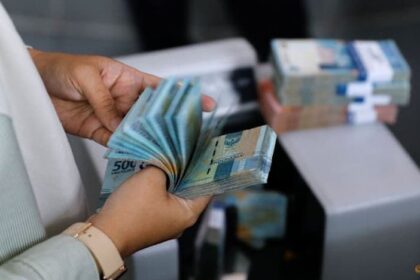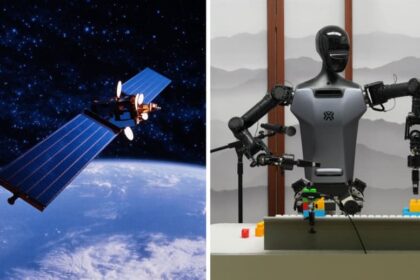Retail partnership positions BYD for a bigger footprint in Japan
Chinese electric vehicle maker BYD and Japanese retail group Aeon plan a sales alliance by the end of the year that will put electric cars inside large shopping centers and general merchandise stores across the country. The aim is simple, make EVs easier to see and buy, and bring down the effective price with retailer incentives layered on top of government support. With Aeon promotions, WAON reward points, and discounts on home charger installation combined with national and local subsidies, buyers could drive away in a new BYD for about 2 million yen (about 13,300 dollars). That price sits close to the budget many families set for a small city car, a promising signal in a market where kei models dominate daily life.
- Retail partnership positions BYD for a bigger footprint in Japan
- How the partnership works
- Why a 2 million yen sticker could move the market
- What models will shoppers see
- Could retail sales change Japans dealership model
- BYD’s momentum and challenges in Japan
- Consumer incentives and the final price
- What to Know
Aeon will accept orders and manage sales contracts in store, while coordinating with BYD’s dealer network for vehicle display, registration, and delivery. The companies plan to start with about 30 Aeon sites, then scale based on demand. Aeon has also indicated it intends to import BYD cars directly in the future and set its own retail pricing. The Dolphin, a compact hatchback that serves as BYD’s main model in Japan, carries a list price of 2.99 million yen. When buyers stack government aid of roughly 1 million yen and retailer benefits, the effective price falls near 2 million yen. That positions a compact electric car near the range many shoppers associate with kei pricing.
Aeon operates 164 large shopping centers nationwide along with hundreds of supermarkets and specialty stores. The group has about 2,500 EV charging units across 374 stores, so customers can plug in while they shop or dine. BYD is expanding fast in Japan and aims to reach about 100 authorized dealers by the end of the year. Aeon’s mall locations are often near those dealers, which should keep handover and service straightforward.
How the partnership works
At each participating site, Aeon will create a dedicated area for electric cars with vehicles on display and staff who can help with model selection and purchase paperwork. Orders will be placed at the store, and a nearby BYD dealer will take care of registration, technical checks, and vehicle delivery. This structure lets shoppers complete a purchase during a routine visit to the mall, while giving them access to a full service network after delivery.
Aeon plans original promotions that go beyond sticker price cuts. Buyers can earn WAON points, the retailer’s electronic money program, which can be used at thousands of stores in the group. Aeon will also support home charger installation with discounts, an incentive that can remove a key barrier for first time EV owners. When these retailer benefits stack with central and local subsidies, the total relief can approach 1 million yen. That figure depends on location, eligibility rules, and program budgets, but it shows how a well designed package can narrow the gap between an EV and a comparable gasoline car.
Where and when will sales begin
The companies aim to finalize the partnership by year end. The first phase calls for about 30 shopping centers and general merchandise stores to open EV sections that take orders for BYD models. Aeon expects to place these sites close to existing BYD dealers to simplify handover and service. The retailer has signaled that it may evolve the model by importing vehicles directly and setting its own prices as the network grows.
Why a 2 million yen sticker could move the market
Battery electric vehicles account for a small share of new car sales in Japan, roughly around one percent in recent periods. The mix has been shaped by many factors. Hybrids are widely available and familiar. Public charging has grown slower than in China or parts of Europe. Many buyers prioritize kei cars, a category of very small vehicles with favorable taxes and insurance. A purchase price close to 2 million yen brings a compact electric car into the same conversation as popular small models. That is a price level that can attract households who care about running costs but cannot stretch to the prices seen on larger imported EVs.
Electricity is cheaper than gasoline on a per kilometer basis for many drivers, especially if a buyer can install a home charger and take advantage of off peak rates. Maintenance on an EV is often lighter, since there is no engine oil, timing belt, or exhaust system. Range anxiety still exists, so improved public charging and clear guidance at the point of sale will matter. A retail environment where shoppers can see chargers in the parking structure and talk with staff about daily charging routines may help bridge that gap.
What models will shoppers see
The Dolphin is the centerpiece for now. It is a compact hatchback designed for city use, with a cabin that seats five and cargo space for everyday errands. BYD also offers the Atto 3, a small sport utility vehicle (SUV), and the Seal, a mid size sedan. Pricing for those models sits higher than the Dolphin, which is why the new promotions focus attention on the smaller car. Many buyers will compare the Dolphin to the Nissan Sakura, Japan’s best known electric kei model, and to compact gasoline and hybrid cars in the same budget range.
BYD plans to introduce a electric kei car tailored for Japan in 2026. Kei cars are a uniquely Japanese class defined by size and engine limits, along with lower taxes and insurance. An electric kei from an import brand would be a direct shot at the heart of the market, where parking is easier, streets are narrow, and purchase budgets are modest. The Aeon partnership could help build awareness ahead of that launch.
Charging while you shop
The retailer’s charging footprint is a quiet advantage. Aeon reports around 2,500 charging points across hundreds of stores. Shoppers typically spend an hour or more at a mall. Even a standard alternating current charger can add meaningful range during that time. For owners who cannot install a charger at home, knowing that a weekly shop can double as a charging session reduces stress. Retail charging also introduces EVs to people who have never used them, since the stations are visible and easy to try.
Could retail sales change Japans dealership model
New cars in Japan are usually sold by brand affiliated dealers that handle both the sale and after sales care. That model has deep roots and it is not disappearing. The Aeon partnership offers a second channel for discovery and purchase. It meets buyers where they already spend time. Families can sit in a car between errands, compare options inside a climate controlled hall, and start paperwork without a separate trip to a showroom. Retail based sales can lower the psychological hurdle for first time EV buyers who are curious but not ready for a traditional dealer visit.
Retail sales also let automakers run seasonal promotions tied to events, loyalty points, and store wide campaigns. The cost structure differs from a classic dealer, which creates room for creative incentives. Price transparency inside a mass market retailer can appeal to younger buyers who value speed and simplicity. The presence of a nearby dealer to deliver the vehicle keeps the ownership experience consistent once the sale closes.
Service and support for buyers
Electric cars still need a strong service network for software updates, tires, suspensions, and safety checks that are mandatory in Japan. Under the current plan, BYD dealers will take responsibility for delivery, maintenance, warranty work, and any repairs. That split keeps technical work in the hands of trained technicians while Aeon focuses on sales and customer outreach. Buyers should confirm where their service point is located and which support lines to call before they sign.
BYD’s momentum and challenges in Japan
Sales are rising from a small base. BYD moved 802 vehicles in Japan in September, about triple the result from a year earlier. That likely accounted for around one fifth of imported battery electric sales for the month. The numbers are still modest against a market where millions of new vehicles are sold each year. The retailer alliance is designed to lift brand visibility and cut the time between first contact and a signed contract.
BYD has focused exclusively on new energy vehicles since 2022, when it ended production of gasoline only models. The company promotes its Blade battery, a lithium iron phosphate pack designed for safety and durability. Those points are important in Japan, where consumers expect long product life and reliable service. The brand also plans a Japan specific product plan, including the kei car in 2026, to better match local needs. Building trust will still take time. Product quality, pricing discipline, and responsive service will shape outcomes more than marketing alone.
Consumer incentives and the final price
Japan operates a blend of national and local support programs for electric cars. The central government offers a Clean Energy Vehicle subsidy for battery electric models that meet program criteria. Prefectures and cities add their own grants on top. Some local programs require that a buyer enroll in a green electricity plan or install a vehicle to home system. Funds are capped each fiscal year. Buyers need to apply within set windows. When the central and local grants are stacked, total relief can approach 1 million yen for qualifying purchases.
Aeon’s package sits on top of that public support. WAON points can be used for groceries, daily goods, and services across the chain, which softens household budgets during the first year of ownership. Discounts on home charger installation reduce upfront costs for wall mounted units and electrical work. Pairing all these benefits with the Dolphin’s 2.99 million yen list price can bring the effective outlay near 2 million yen. Actual results vary by municipality and personal eligibility, so shoppers should ask staff to print a line by line estimate before committing.
What to Know
- BYD and Aeon plan to launch their sales partnership by the end of the year.
- About 30 Aeon locations will open EV sales areas in the first phase.
- Aeon processes orders and contracts, while BYD dealers handle display, registration, and delivery.
- Combined retailer incentives and government subsidies can cut the effective price by about 1 million yen.
- BYD’s Dolphin lists at 2.99 million yen and could cost around 2 million yen after benefits.
- Customers can earn WAON points and receive discounts on home charger installation.
- Aeon operates roughly 2,500 charging points across hundreds of stores.
- BYD aims to expand to about 100 authorized dealers in Japan by year end.
- September sales reached 802 units, around one fifth of imported battery electric sales.
- BYD plans a Japan specific electric kei car in 2026.
- Battery electric share of new car sales in Japan remains around one percent.


